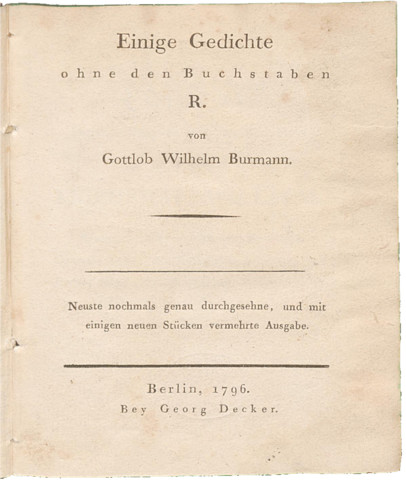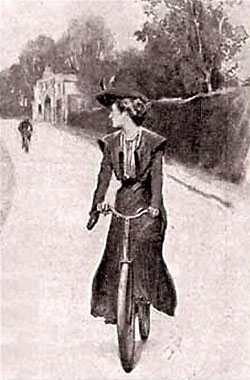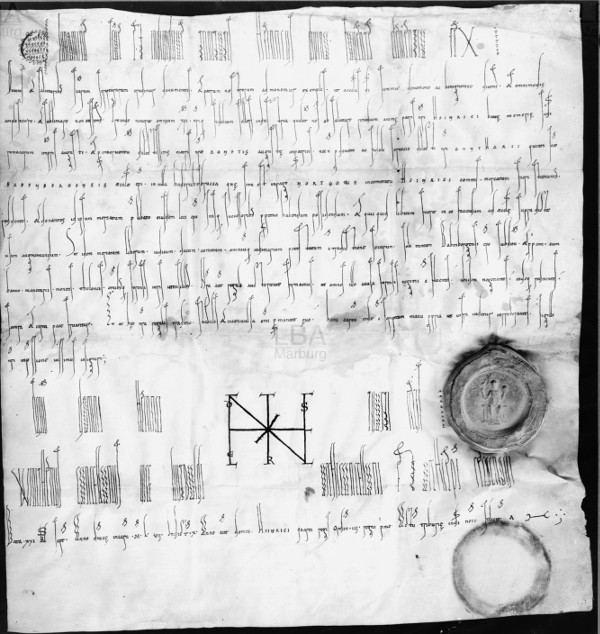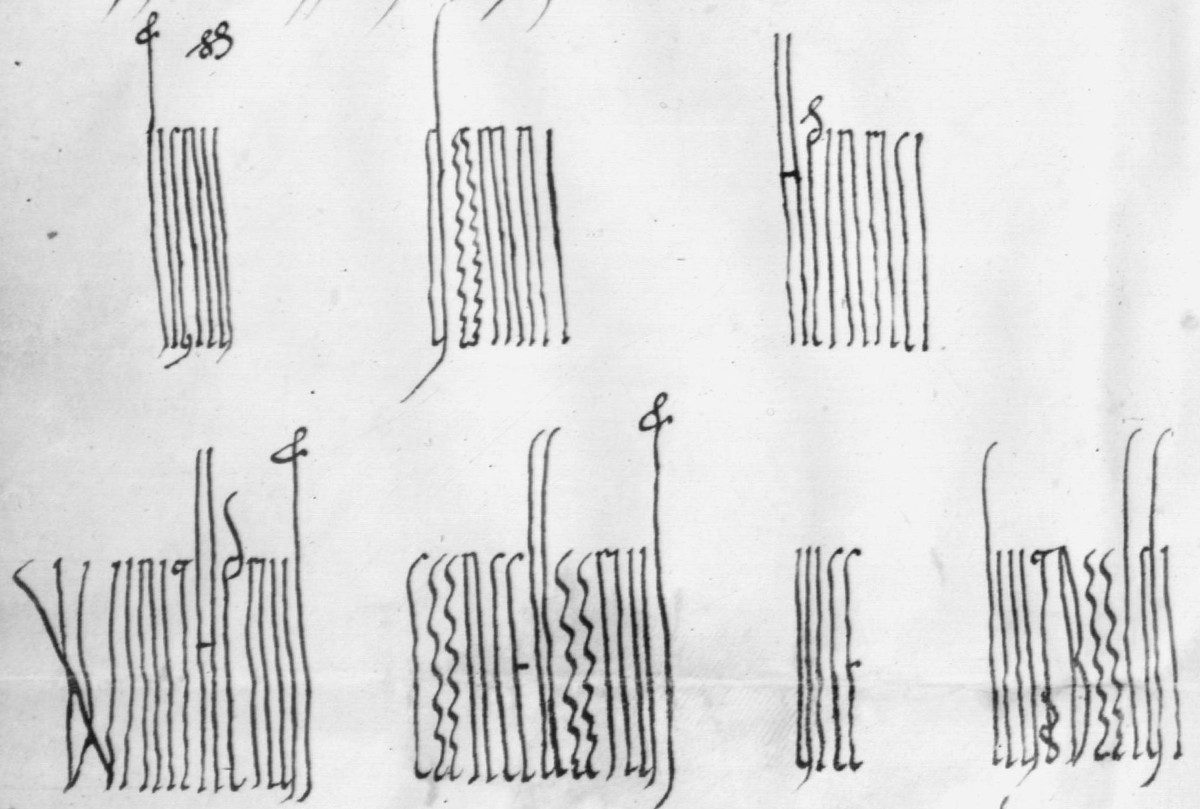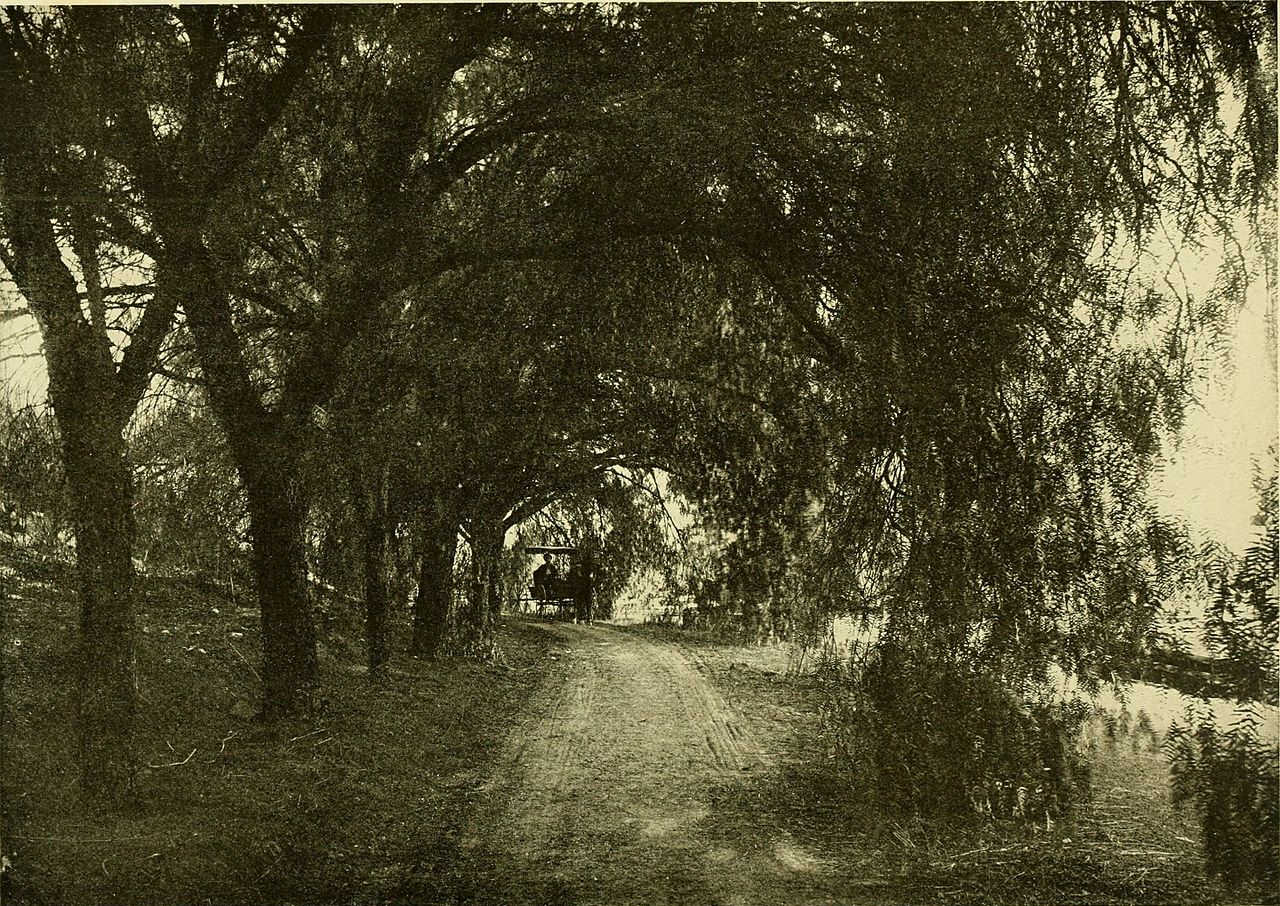
In the February 2003 issue of Word Ways, Dave Morice nominates PEPPERTREE as the “holy grail” of wordplay. PEPPERTREE is a “pyramid word” — it contains 1 T, 2 Rs, 3 Ps, and 4 Es:
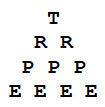
But it contains two shorter pyramid words, PEPPER and PEP:

Also:
- All the letters in PEPPERTREE can be typed on the top row of a typewriter.
- PEPPERTREE’s vowels are drawn from the first half of the alphabet, its consonants from the second. The vowels occupy odd-numbered positions in the alphabet, the consonants even.
- Written in capitals, all the letters in PEPPERTREE contain vertical lines. Half contain curves and half don’t; half contain closed spaces and half don’t.
- In lowercase each letter has one line and one curve.
- E appears 4 times and T once; if A = 1, B = 2, etc., then E + E + E + E = T.
- The PEPPERTREE is an EVERGREEN, and each of these words contains the letter E, its only vowel, four times.
Altogether, Morice lists 26 ways in which PEPPERTREE is notable for its letters, pronunciation, and meaning, making it “an evergreen of the most alphabetic kind.” The whole list is here.
(Dave Morice, “Peppertree: The Logological Holy Grail,” Word Ways 36:1 [February 2003], 3-5.)


